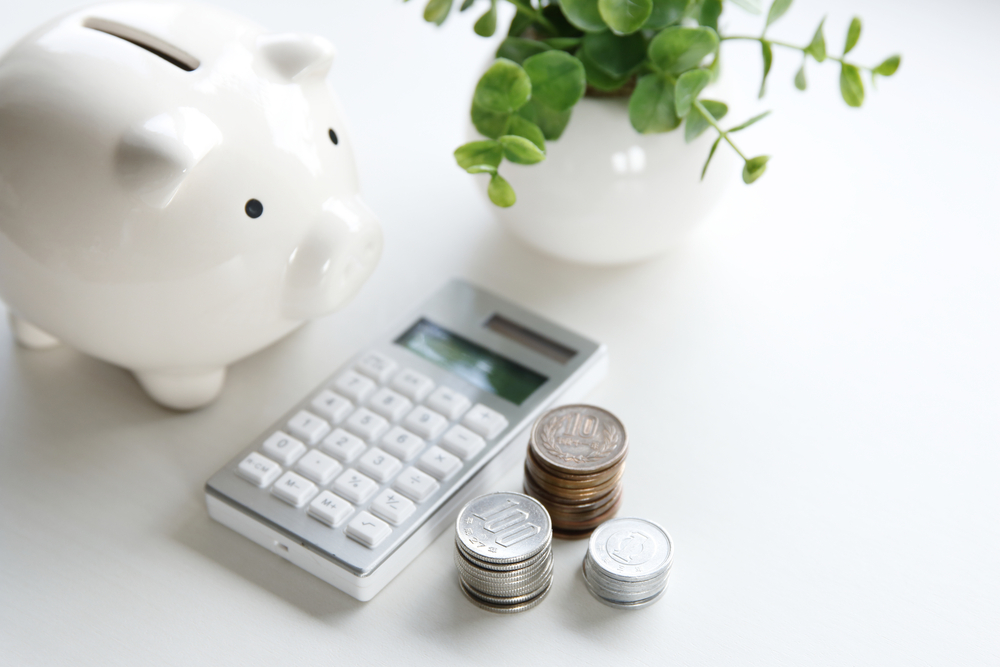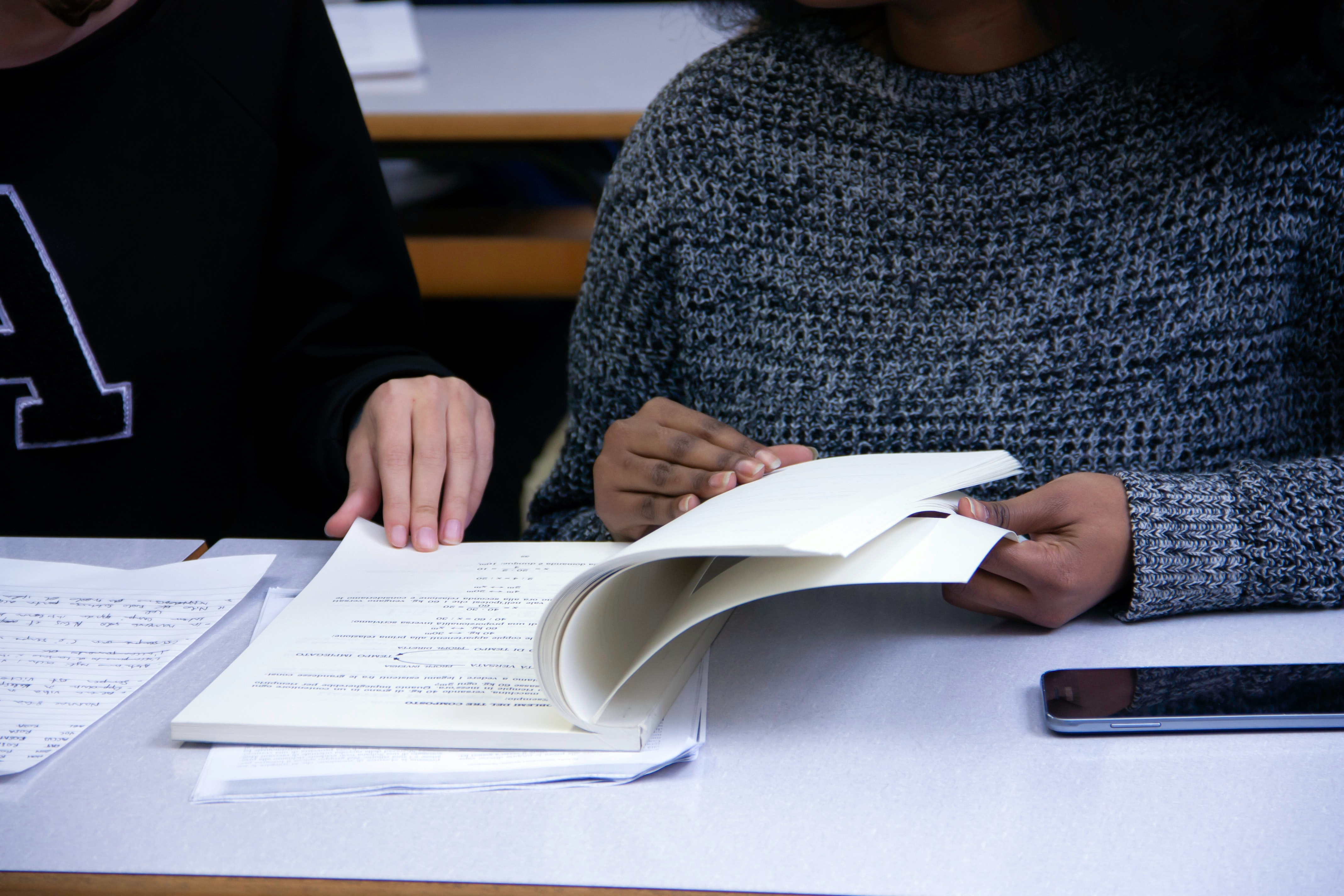
Many students fail the CPA Exam. In fact, the CPA Exam pass rate is only around 50%! While no one wants to be part of the other ~50% who don’t pass, it’s important to know that you’re not alone if you fail! Understand why you weren’t successful the first time and don’t lose your motivation.
There are already plenty of resources on how to prepare for the CPA Exam, but it’s also important to learn from the mistakes of other test-takers, and from those perhaps you’ve committed if you’ve already found failure on a first attempt. Learn how to fail the CPA Exam to ultimately secure your success on your next try!
Summary
Learn how to fail the CPA Exam, so you can understand how to pass it. Whether you’ve been unsuccessful or you’re just starting your journey, avoid the ~50% failure rate by avoiding the top 5 fatal mistakes candidates make during CPA Exam prep.
Top 5 Mistakes Made by CPA Exam Candidates
1. Procrastination
Time is of the essence for CPA Exam study. Most states allow 30 months from the date you pass your first section to successfully complete the exam. Whether you procrastinate in scheduling or studying for the CPA Exam, you’re setting yourself up for failure.
CPA Exam testing dates are available year-round for Core sections and during specific windows for Discipline sections. Setting your exam date should be one of your first steps in planning, so you can create a study plan that helps you avoid last minute cramming.
2. Poor Time Management
You’ll spend 400 - 600 hours of your life studying for the CPA Exam. But many unsuccessful candidates don’t plan and execute a realistic study schedule that paces their study to include all the hours needed, without burning out.
Create a study plan that fits into your work and/or school priorities, personal life, and leisure. You know your situation better than anyone; commit to a study schedule that is realistic for you and optimizes the times and methods that help you learn best. For example, if you’re a morning person, schedule your study when you wake up, before the day gets away from you. If you have a big upcoming personal or professional obligation, plan a few extra study hours the week before and after the event, so you can focus on that priority stress-free.
If you plan your study realistically, giving yourself a steady schedule that both prioritizes study and other important aspects of your life, you will have a much higher chance of following through on your plan and, ultimately, being prepared to pass.
All of Becker’s CPA Exam Review packages include a customizable study planner that lets you input your testing date and how many hours per week you can dedicate to study. Based on the information, the planner gives you a personalized study schedule to ensure that you know what to study, when to be fully Exam Day ReadySM.
3. Skipping Simulated Exams
The only way to walk into exam day without surprises is to understand the CPA Exam format and functionality beforehand. Becker’s simulated exams reflect the real CPA Exam experience, with the exact format and length you’ll see on exam day.
Each section of the CPA Exam is four hours long, which can be grueling if you’ve never taken a test of that length. The best way to prepare is to practice with exams that are just as long. This helps build your stamina and gives you ample opportunity to get comfortable with the exam structure.
4. Only Practicing MCQs
Multiple-choice questions (MCQs) are a quick way to practice the exam’s content, but it shouldn’t be the only method you use for study. Many students completely lean on MCQs, but CPA Exam scores are weighted 50% on MCQs and 50% on task-based simulations (TBSs). If you only study MCQs, you’re only preparing for 50% of the exam.
Also, the CPA Exam tests at four levels of difficulty. MCQs only cover the two lowest skill levels, while TBSs cover the higher skill levels. If you don’t practice the TBSs, you won’t be prepared to tackle the most difficult questions on the exam.
5. Memorizing, Not Learning
CPA Exam Review covers a LOT of content, and it can be tempting to drill MCQs and flashcards to memorize concepts, rather than take the time to truly understand them. But the CPA Exam requires that you not only know content, but that you can apply it to real-life scenarios that solve complex problems. If you skim and memorize, you likely will not pass the CPA Exam.
64% More Likely to Pass
Most students fail the CPA Exam—at least one section—the first time they take it. But avoiding the most common study errors can give you a better shot at passing. You can also get Exam Day ReadySM with Becker to join the students who have a 64% higher pass rate than all other test takers.
Try Becker CPA Exam Review FREE for 14 days to get a personalized study plan, simulated exams, NewtTM AI study assistant, and so much more.








